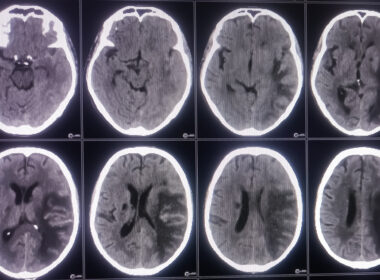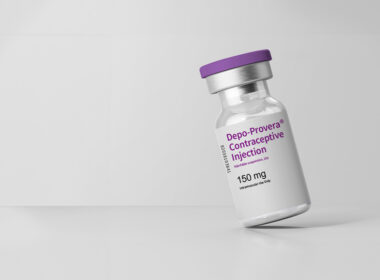Intravenous (IV) therapy is used to deliver fluid medication, electrolytes or nutrients through veins in the body using a needle which activates the drip process. IV therapy is a quick and useful way to deliver medication and nutrients directly into the bloodstream instead of waiting for the digestive system to process them. The procedure is relatively simple, as a needle (cannula) is placed into the patient’s vein to allow the plastic catheter to be inserted into the vein.
Although IV therapy is widely used for treatment due to its efficiency, complications can arise and lead to serious harm. For example, improper IV administration can lead to:
- IV infiltration: occurs when the fluid or medicine that is supposed to go into the vein, leaks out and goes into the surrounding tissue.
- Extravasation: occurs when there is an infiltration of a vesicant or chemotherapeutic drug that can lead to permanent tissue destruction, blistering, and other tissue injuries.
There are a number of reasons infiltration and extravasation occurs. It can be caused by an improper insertion of the needle, a shift in the catheter or failure to monitor the patient by the health professional.
Signs and symptoms of IV infiltration/extravasation include:
- Swelling at, or near the IV site
- Tightness on the skin
- Pain, burning, discomfort
- Feeling of cool skin
- Skin discoloration
- Lack of blood circulation
This could lead to the following IV infiltration/extravasation complications:
- Permanent damage in tissue or death (necrosis)
- Permanent disability
- Amputation
Can You File a Medical Malpractice Claim Over IV Infiltration Injuries?
Unfortunately, IV infiltration and extravasation malpractice is more common than you think. Every patient expects a standard level of care from health professionals. In order to avoid IV medical mistakes or malpractices, health professionals must take steps to prevent risks and complications. They must insert the needle properly, choose the right catheter size, ensure an appropriate IV site, monitor the patient and IV site regularly, ask the patient how they feel and follow general safety protocols every step of the way.
To minimize risks and complications, medical professionals must monitor the patient consistently in order to detect any complications early.
When a medical professional fails to take these steps, their failure to act can put the patient at risk and lead to severe harm. If you or a loved one has suffered from IV complications, you may have a medical malpractice claim. As a plaintiff, it would be necessary for your attorney to prove the damages including pain, suffering, medical expenses, economic losses, disability, etc.
Speak to a professional regarding your legal options. At Justpoint, we evaluate your case for free and get powerful results by carefully listening to your unique case, and matching you with the right attorney in your area. We’re here to point you in the right direction towards justice, offering real advice.












